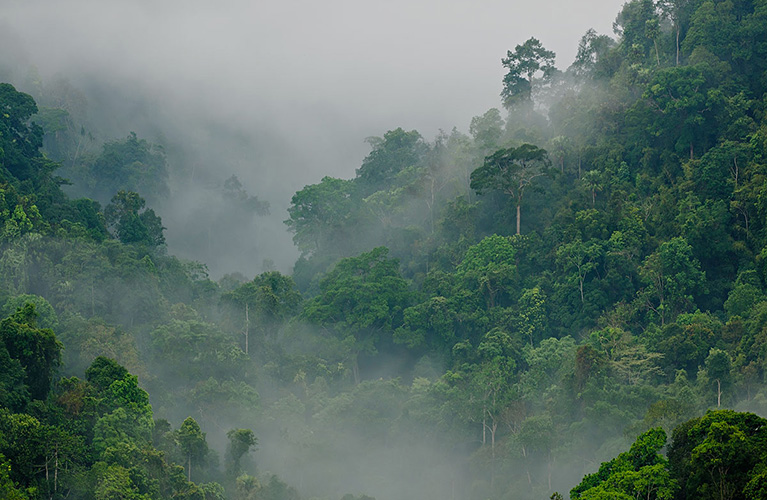
Current Projects
CURRENT FUNDED PROJECTS
The Center for Global Soundscapes currently has the following projects funded:
Soundscapes and Sonic Practices of Mongolian Herders. National Science Foundation.
This project, lead by CGS with collaborations at Colorado State University, University of Arizona, University of Texas-Austin, and the American Center for Mongolian Studies (ACMS), focusses on exploring how soundscapes can be used to understand natural dynamics in grasslands and how a variety of sonic practices, that include multispecies communication, traditional songs about nature, and the use of sonic cues to understand environmental change, is intangible cultural knowledge of these ecosystems and traditional communities. We focus on the use of knowledge co-production, which is an approach to prioritize local knowledge and local community needs, to understand the relationship of people and the environment. The work is being conducted in the Arkhangai Province of Mongolia. We have used passive acoustic recorders, soundwalks, interviews, and grassland plant surveys in four communities that vary in their proximity to cities (an urban to rural gradient).




Multi-sensor, multi-scale model of biodiversity using space-based and bioacoustic sensors. NASA A.7 Biodiversity Program.
This project, led by CGS, is being conducted in four very different forest ecosystems. The project is focused on developing a comprehensive biodiversity model of plants and animals across disturbance gradients. Locations of the research include: Sundarbans of Bangladesh (mangroves), the Issa Valley of western Tanzania (Miombo Woodlands), the forest-steppe ecosystems of Mongolia and the central US forests of Indiana (Temperate Forests). A central objective is to create phenology models of both animal acoustic activity and leaf change so that biodiversity of the ecosystem can be quantified across a host of temporal windows (phases such as dawn chorus, weekly, seasonally and annually). Acoustic indices, CNN-based sound source detectors, mapping of habitat using drones and space-based remote sensing platforms including: GEDI, DESIS, and ECOSTRESS off of the MUSES platform attached to the International Space Agency.
View the drone imagery processed to create 3D images of forests of our study sites.





 @CenterforGlobalSoundscapes
@CenterforGlobalSoundscapes